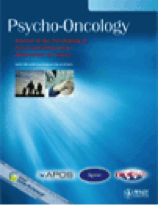Welcome FSOSW Members
Welcome to the new membership section of our website. You will find a range of resources including the Member Directory, CEU Information, Oncology Toolkit and more. You can keep up to date with all FSOSW news, announcements and updates.
If you have questions or need assistance Contact Us through our website.




